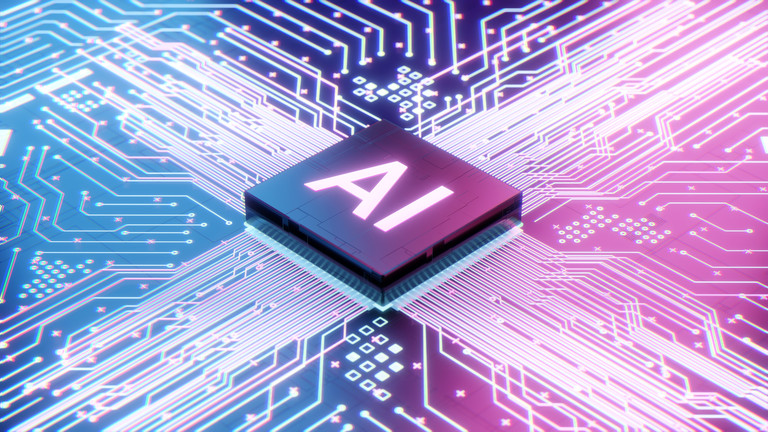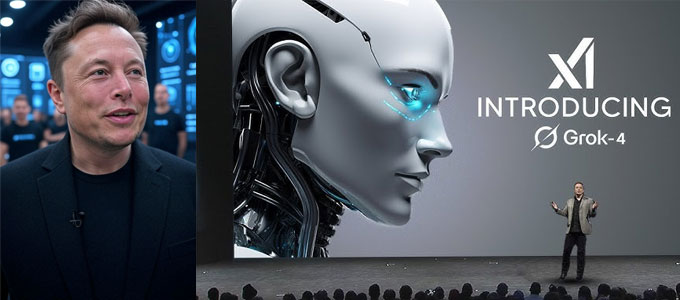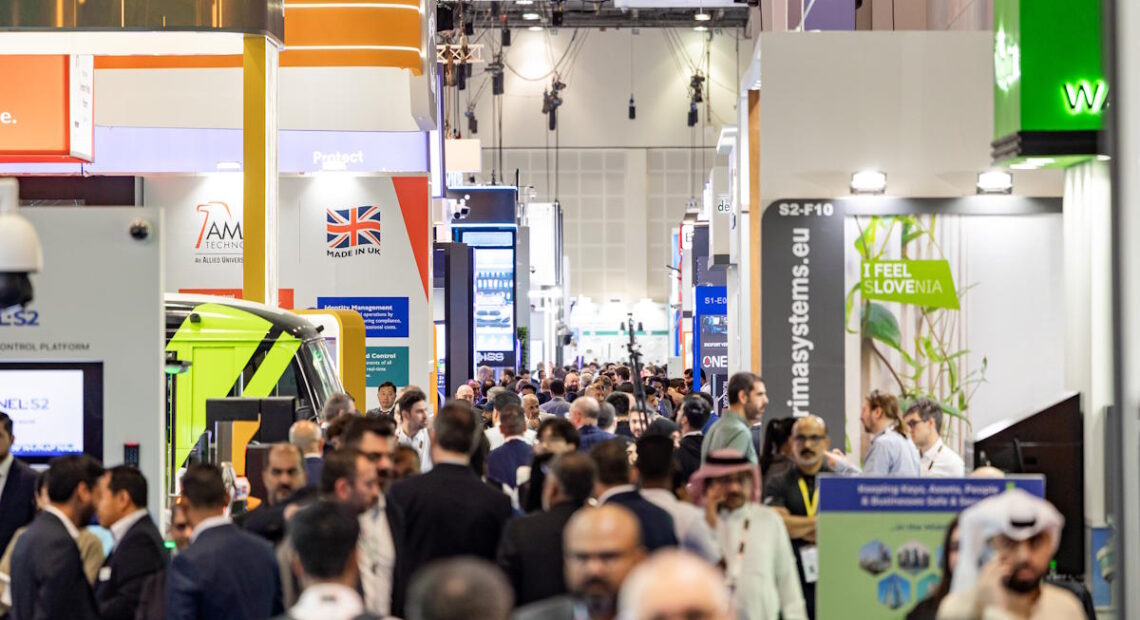UAE's G42 Eyes US Expansion Amidst Intensifying Global AI Race

Financial Times reports that G42, the United Arab Emirates' artificial intelligence group backed by Abu Dhabi's Mubadala investment company, is planning a significant expansion into the United States. Corporate filings indicate the group intends to invest tens of billions of dollars to establish a presence in the US market.
This move comes at a time of increasing global competition in the AI sector. While the US has historically held a dominant position in AI development and semiconductor technology, other nations, including China and India, are making substantial efforts to cultivate their own domestic AI capabilities and chip technologies.
A G42 representative confirmed to FT their commitment to US market expansion, stating they have established a legal entity to support this strategy. G42 is chaired by UAE's national security advisor Sheikh Tahnoon bin Zayed al-Nahyan, who has been a key driver of the country's economic diversification efforts focused on AI.
G42 has already attracted US investment, including a $1.5 billion pledge from Microsoft for a minority stake in April of last year. Other US investors include Ray Dalio’s family office and private equity firm Silver Lake. In 2023, G42 shifted away from Chinese hardware suppliers like Huawei in favor of American alternatives to ensure compliance with US regulations.
Recent developments highlight the growing global AI competition. The January debut of China's DeepSeek, a freely available AI model that quickly became a top downloaded app, has challenged the dominance of US-based ChatGPT. DeepSeek is also reportedly significantly less expensive to operate.
Furthermore, in March, Chinese researchers at the University of Science and Technology of China (USTC) introduced Zuchongzhi-3, a superconducting quantum computing prototype claimed to be a million times faster than Google’s leading quantum processors and a quadrillion times more efficient than conventional supercomputers.
India has also announced its ambitions in AI hardware, with the newspaper Mint reporting in February that the country is developing its own AI chip from the ground up, aiming to reduce reliance on Western technology companies by 2027.






















